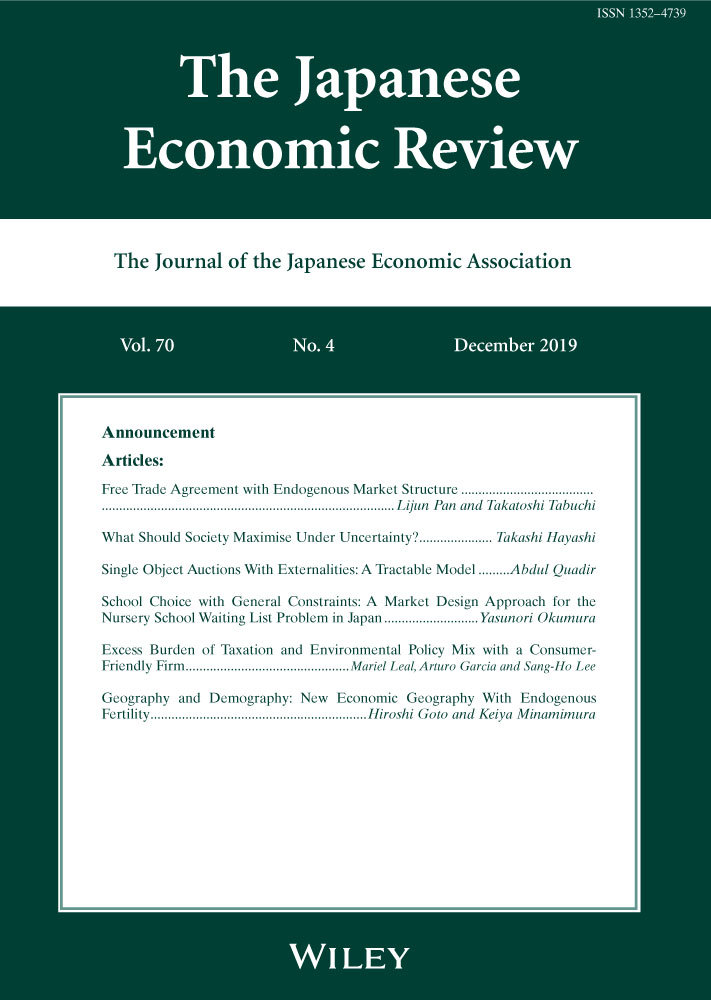Return Dynamics of Japanese Stock Index Options
Abstract
This paper addresses the return dynamics of stock index options. Distributional moments are suggestive of a skewness preference hypothesis that provides an economic rationale for investors' interest in options. There is no evidence of detectable intermarket arbitrage opportunities from cross- sectional tests of volatility ratio and implied elasticity. Joint tests of market efficiency and parity dynamics suggest that the longer the remaining life of at-the-money options, the higher the likelihood of parity deviations being absorbed in response to percentage index changes. There are also indications of maturing Japanese options markets from rational expectations and parity regression tests.




